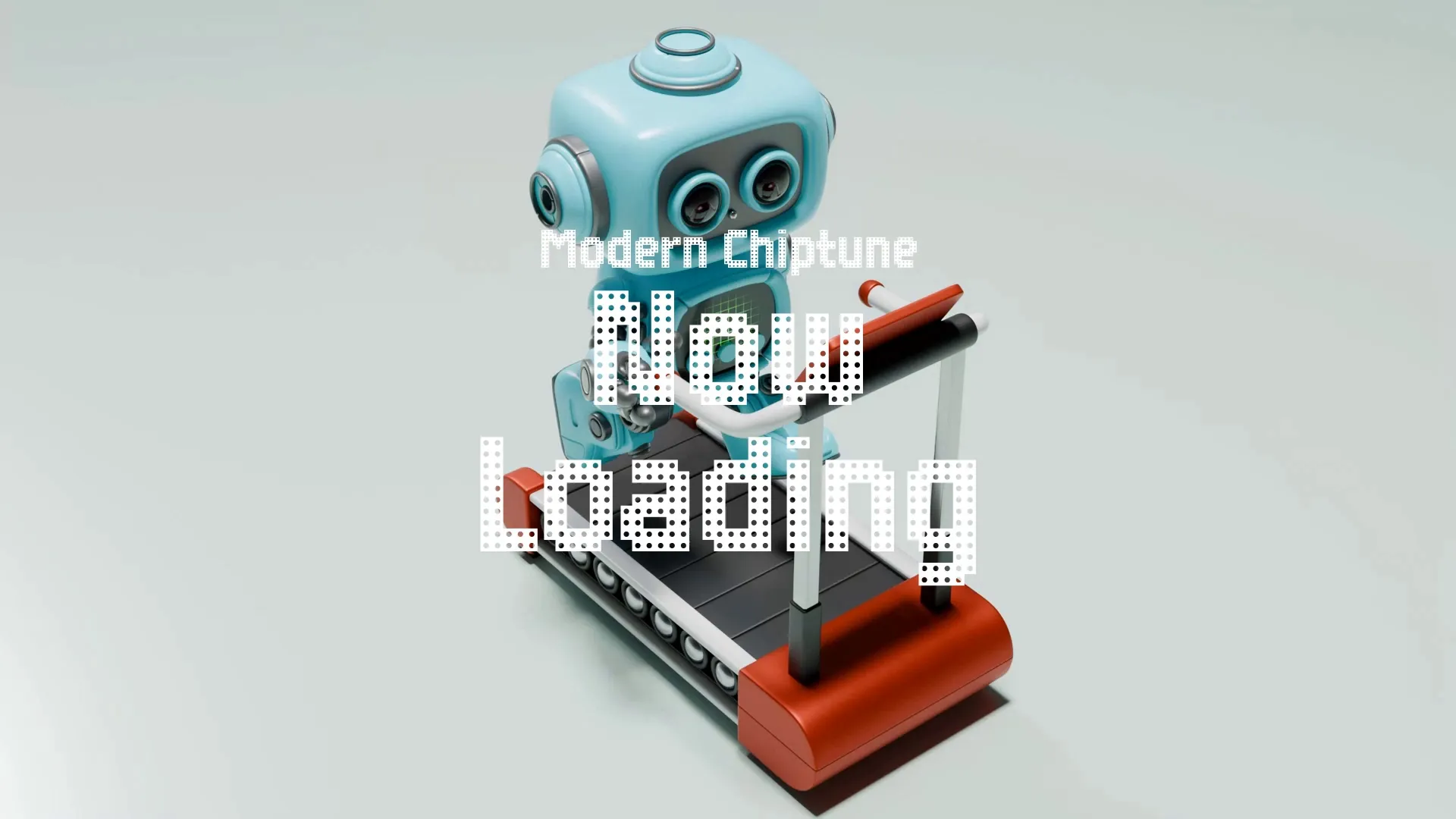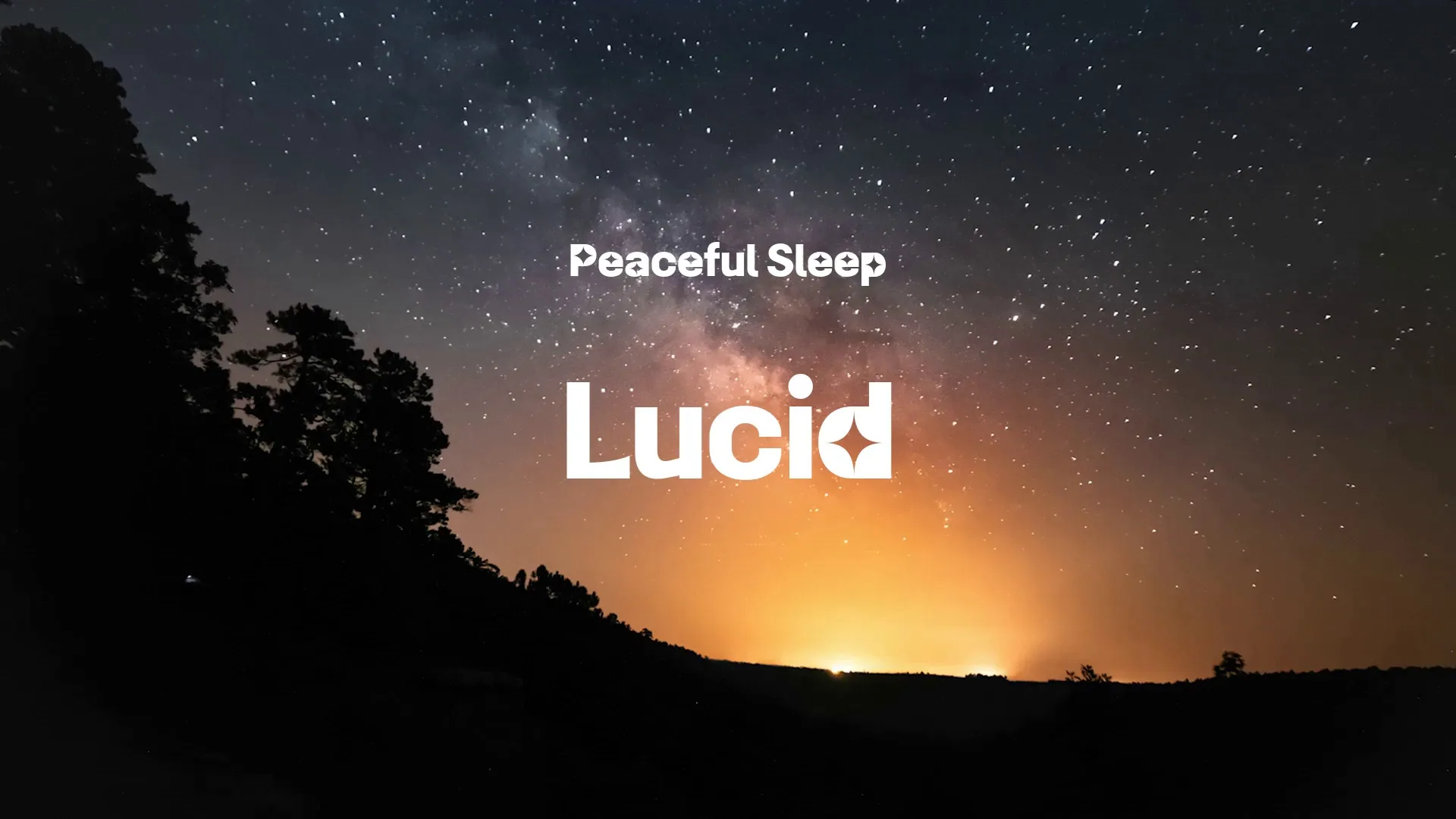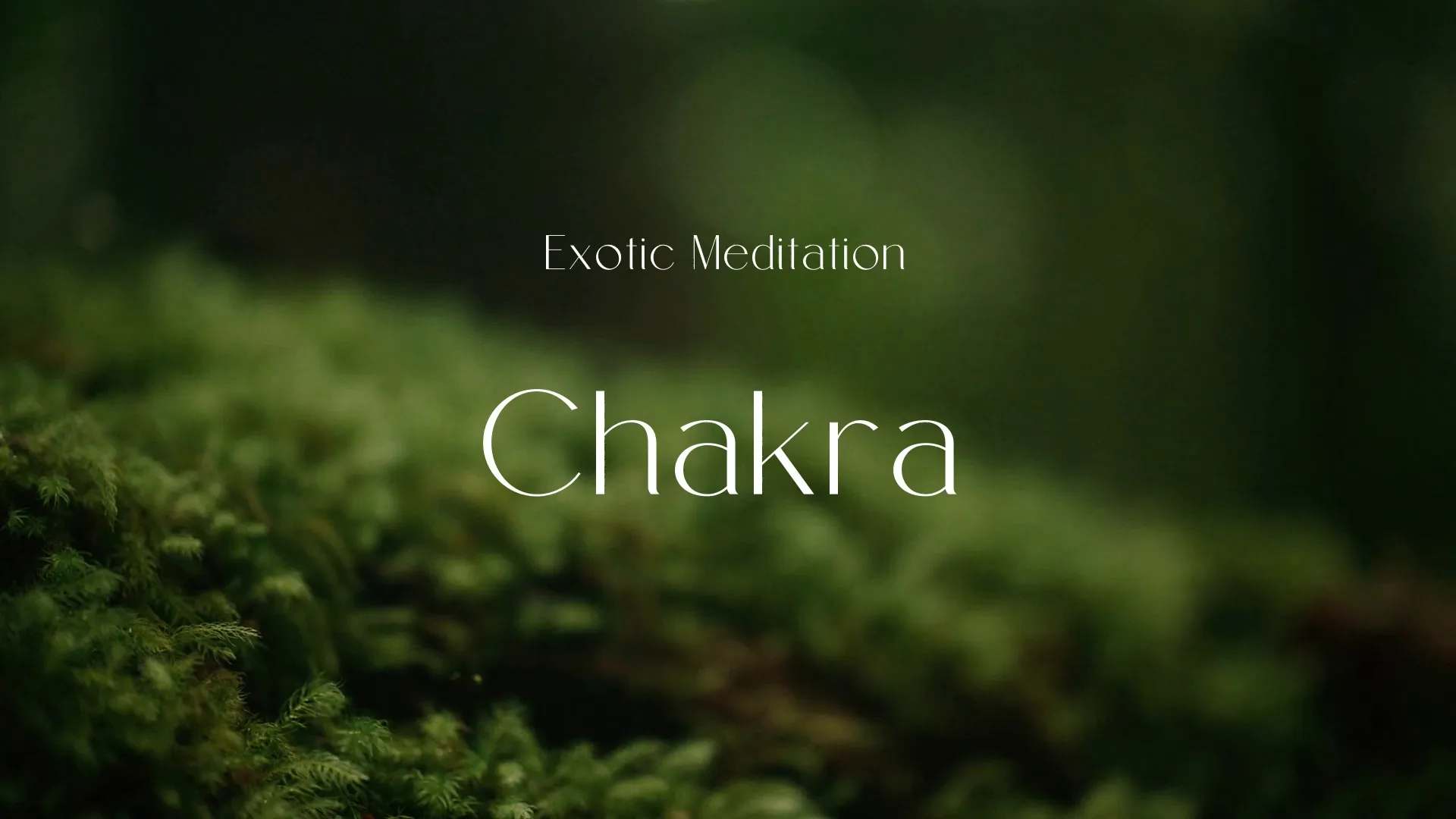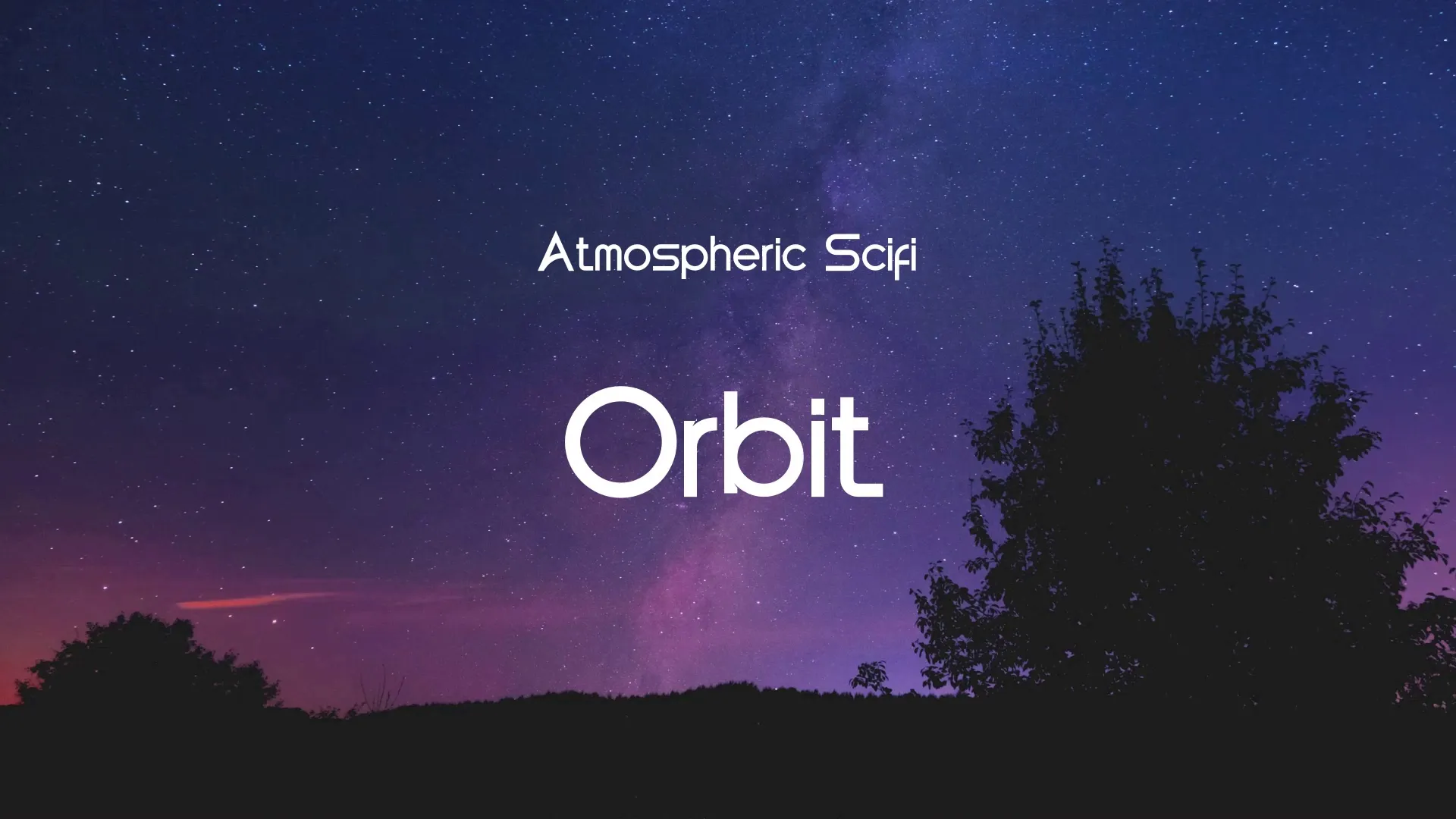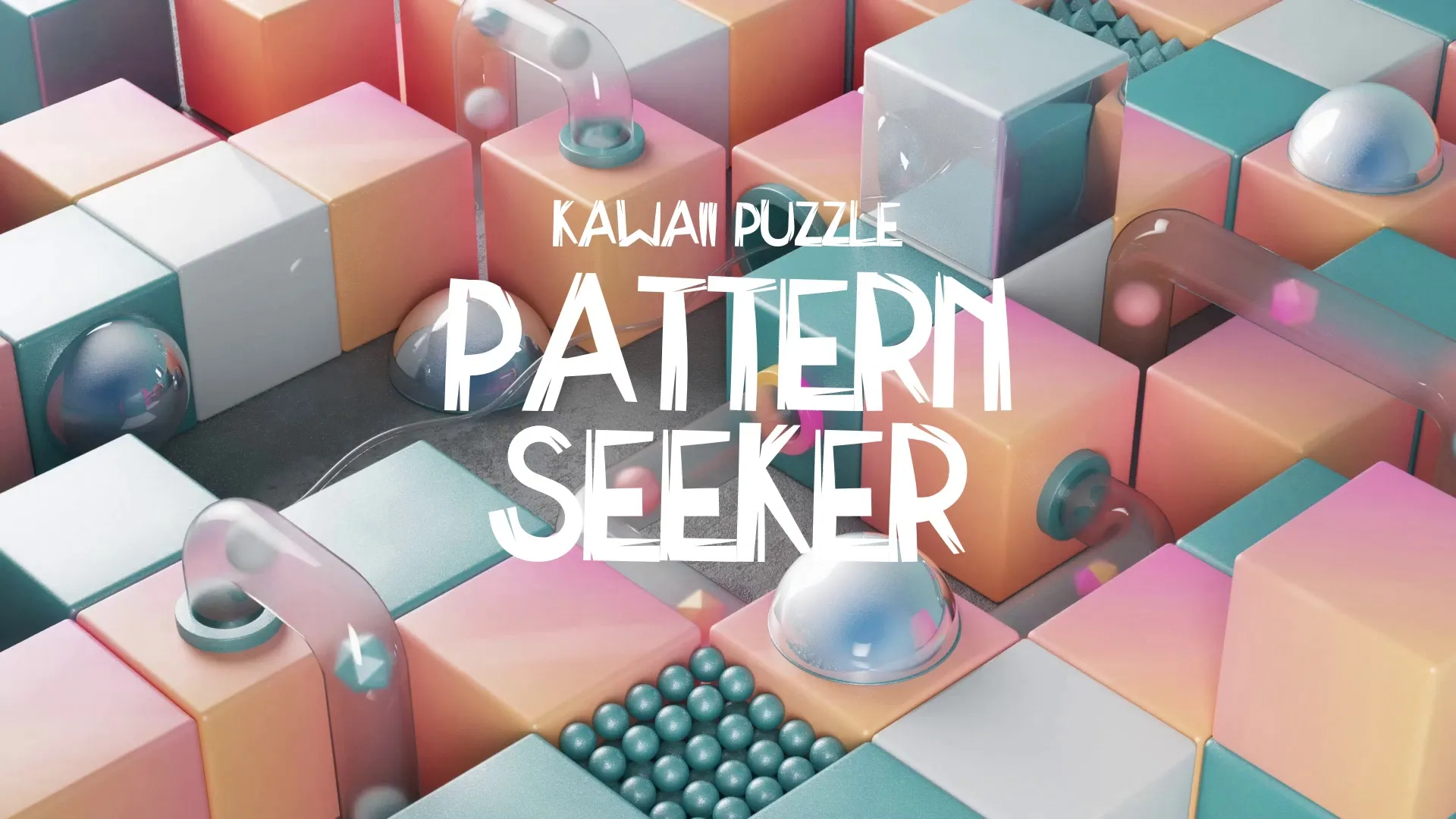Indie Game Legal Toolkit: Copyright, Trademarks, and Licensing for Developers
Navigating the legal landscape is crucial for indie game developers. Protecting your intellectual property ensures your hard work is secure and your business can thrive. This guide breaks down essential legal concepts: copyright, trademarks, and licensing agreements.
Copyright Essentials for Game Developers
Copyright automatically protects original creative works upon their creation. For games, this includes source code, visual art, music, sound effects, and narrative elements. Registration with the relevant government body (e.g., U.S. Copyright Office) strengthens your rights and allows for statutory damages in infringement cases.
Common pitfalls include assuming ownership of commissioned work without a proper agreement. Always ensure contracts with freelancers explicitly assign intellectual property rights to you. Protecting your unique artistic style is also important; for example, understanding specific techniques like those discussed in our Cel Shading: A Comprehensive Expert Guide can highlight the distinctiveness of your game’s visual identity.
Understanding Trademarks for Your Game Brand
A trademark protects your game’s name, logo, slogan, and other branding elements that distinguish your product in the marketplace. It prevents others from using similar marks that could confuse consumers. Registering your trademark provides nationwide protection and the ability to enforce your rights.
Before launching, conduct a thorough trademark search to avoid conflicts with existing brands. Selecting a strong, distinctive name is vital for trademarkability and brand recognition. Create original, compelling game names with Marquee, our AI-powered naming tool, to help find unique options.
Navigating Licensing Agreements
Licensing agreements grant permission to use intellectual property under specific terms and conditions. Indie developers encounter various licenses, including game engine licenses (Unity, Unreal, Godot), asset licenses, and music licenses. Always read these agreements carefully to understand usage rights, royalties, and restrictions.
For game engines, be aware of their revenue thresholds and royalty structures. Asset licenses dictate how you can use purchased or free assets in your game; Wayline’s Strafekit provides royalty-free assets for commercial use, simplifying this aspect. Music and sound effect licenses often specify commercial use, attribution requirements, and duration of use.
Common Legal Pitfalls and How to Avoid Them
Using unlicensed assets is a major risk, leading to legal disputes and costly cease-and-desist letters. Always verify the license terms for every asset you integrate into your game. Failing to put agreements in writing with collaborators can result in disputes over ownership and revenue sharing.
Neglecting international IP protection can expose your game to infringement in other territories. Consider registering key trademarks and copyrights in major markets where you plan to launch. Ignoring privacy policies and terms of service for your game can lead to regulatory fines, especially with data collection.
Building Your Legal Toolkit
Proactively secure copyright for your game’s core elements before launch. Register trademarks for your game title and logo to establish brand identity. Carefully review all licensing agreements for engines, assets, and music.
Draft clear, comprehensive contracts with all team members and freelancers, explicitly addressing IP ownership. Consult with a legal professional specializing in intellectual property or game law for personalized advice. Understanding these legal foundations will protect your creative vision and business.
Conclusion
Legal protection is not an afterthought; it’s a fundamental part of successful game development. By understanding copyright, trademarks, and licensing, indie developers can safeguard their creations. Take the necessary steps now to protect your intellectual property and ensure your game’s long-term success.
Create a free account, or log in.
Gain access to free articles, game development tools, and game assets.
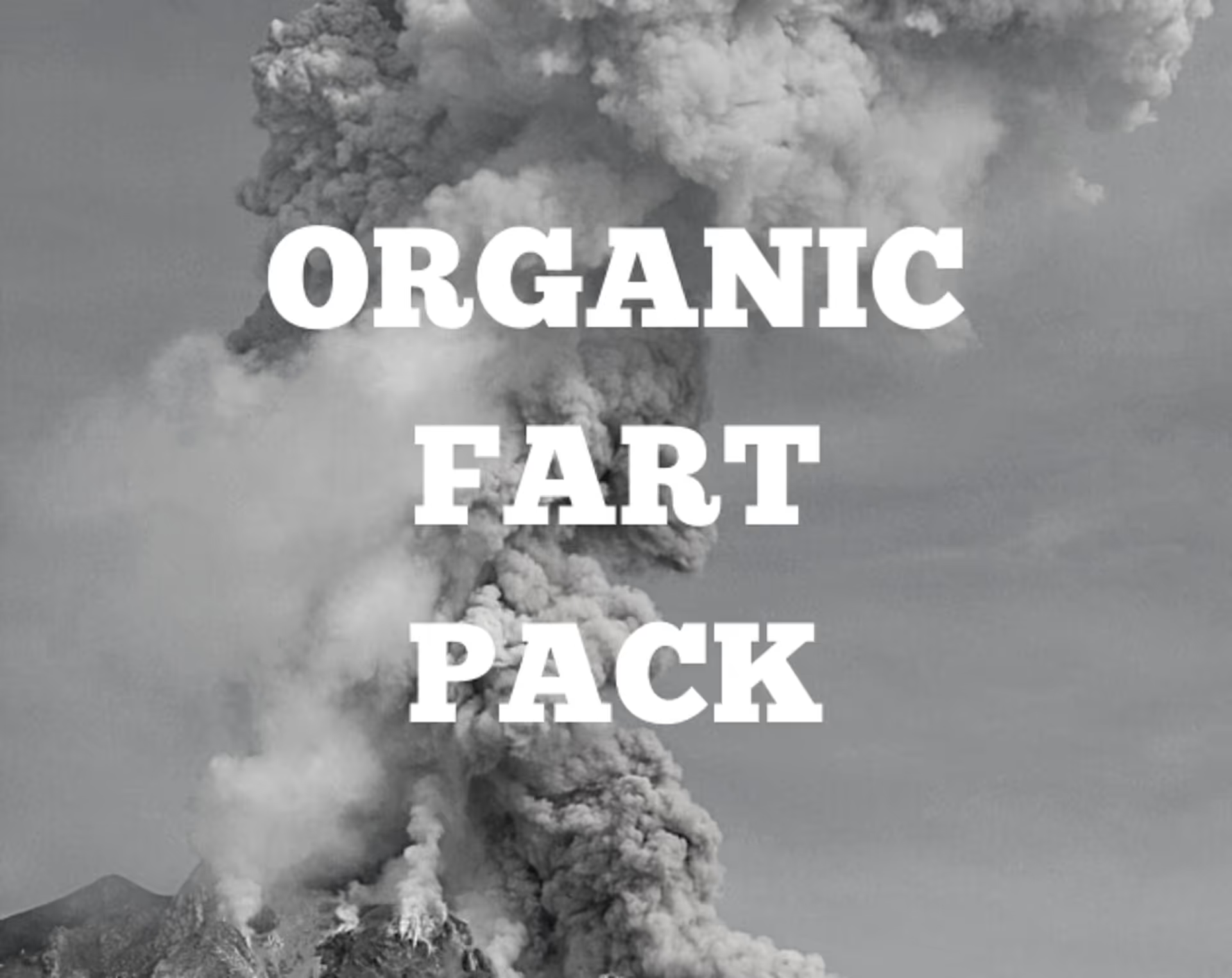



.webp)
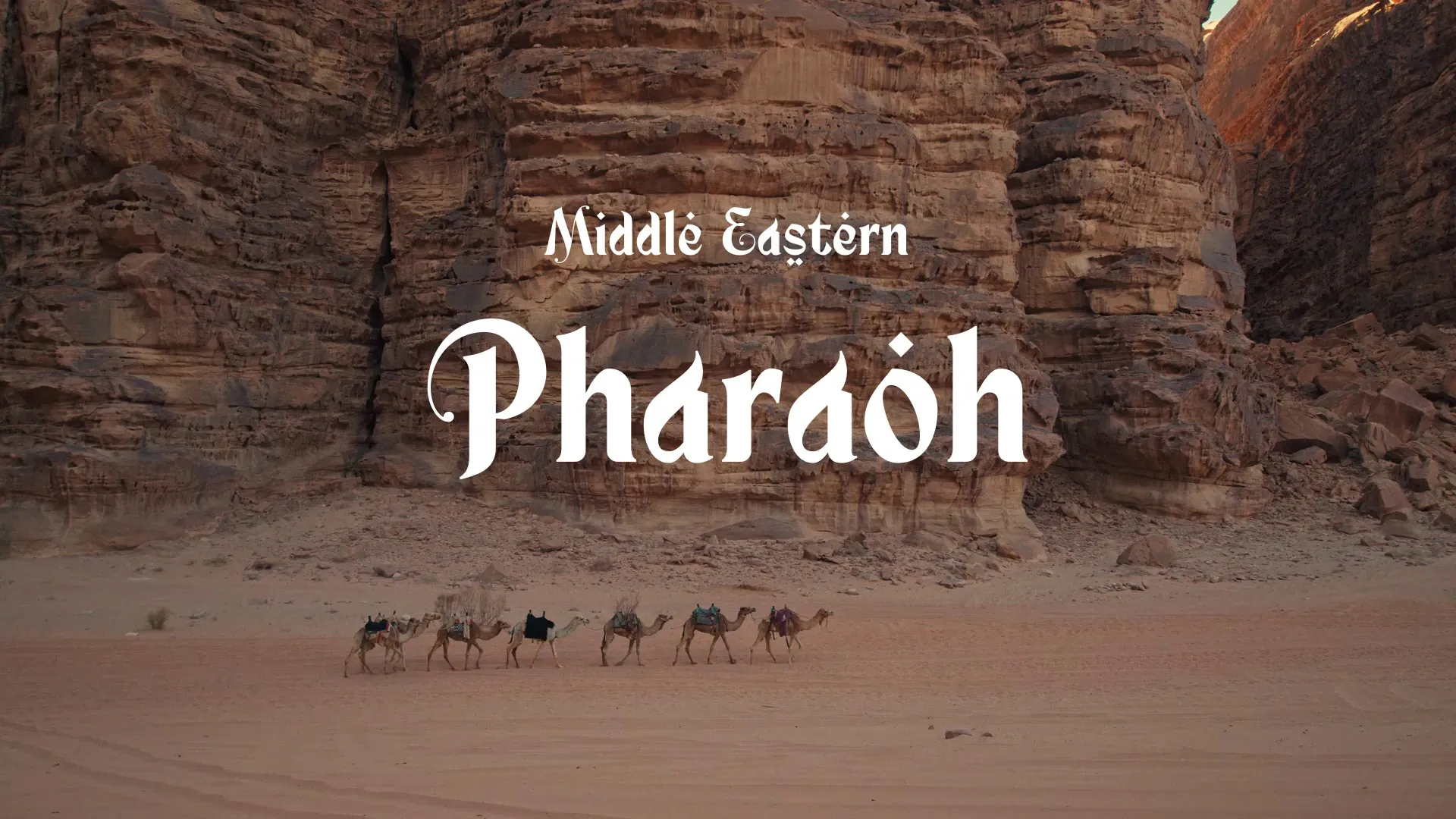


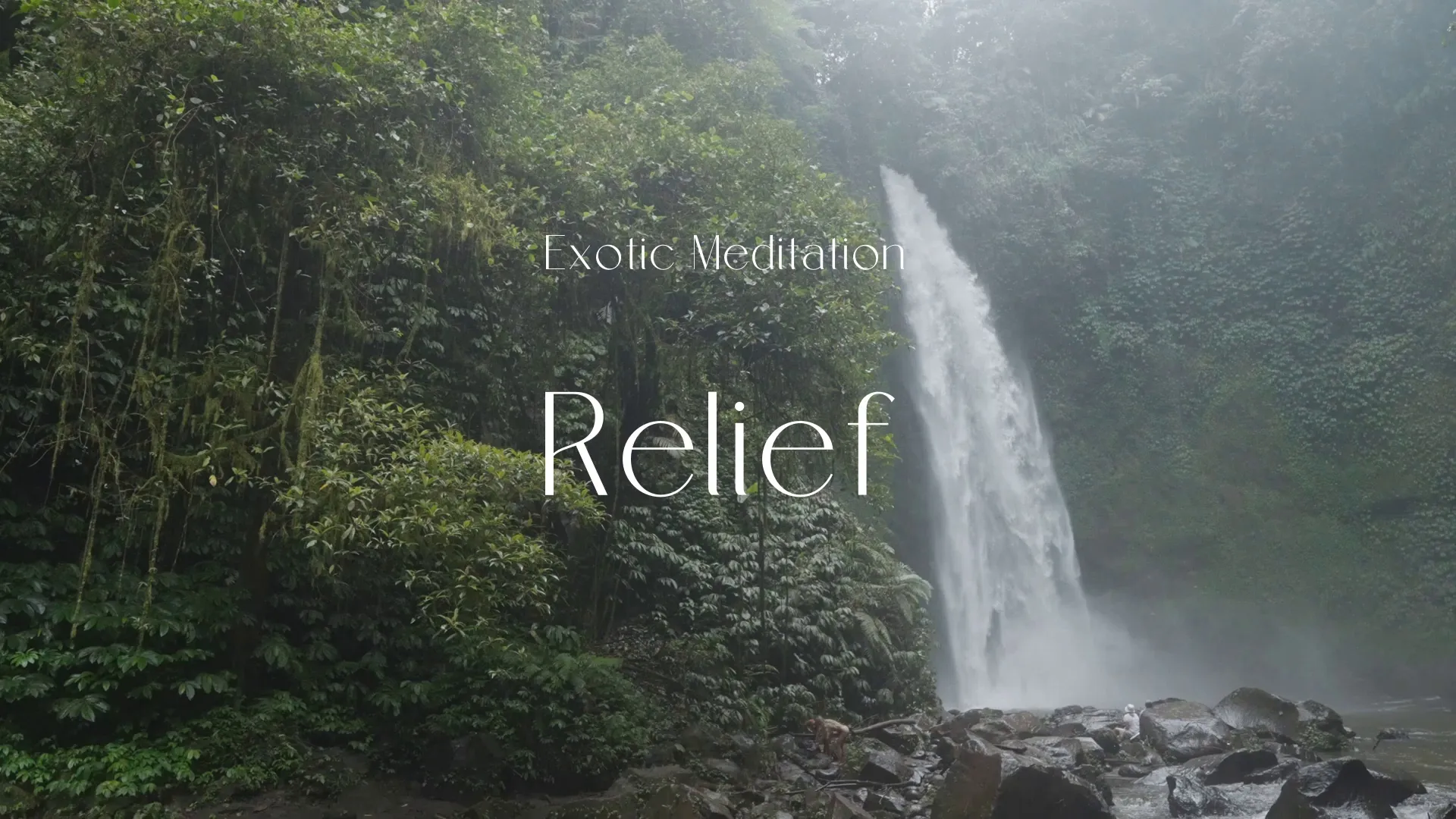
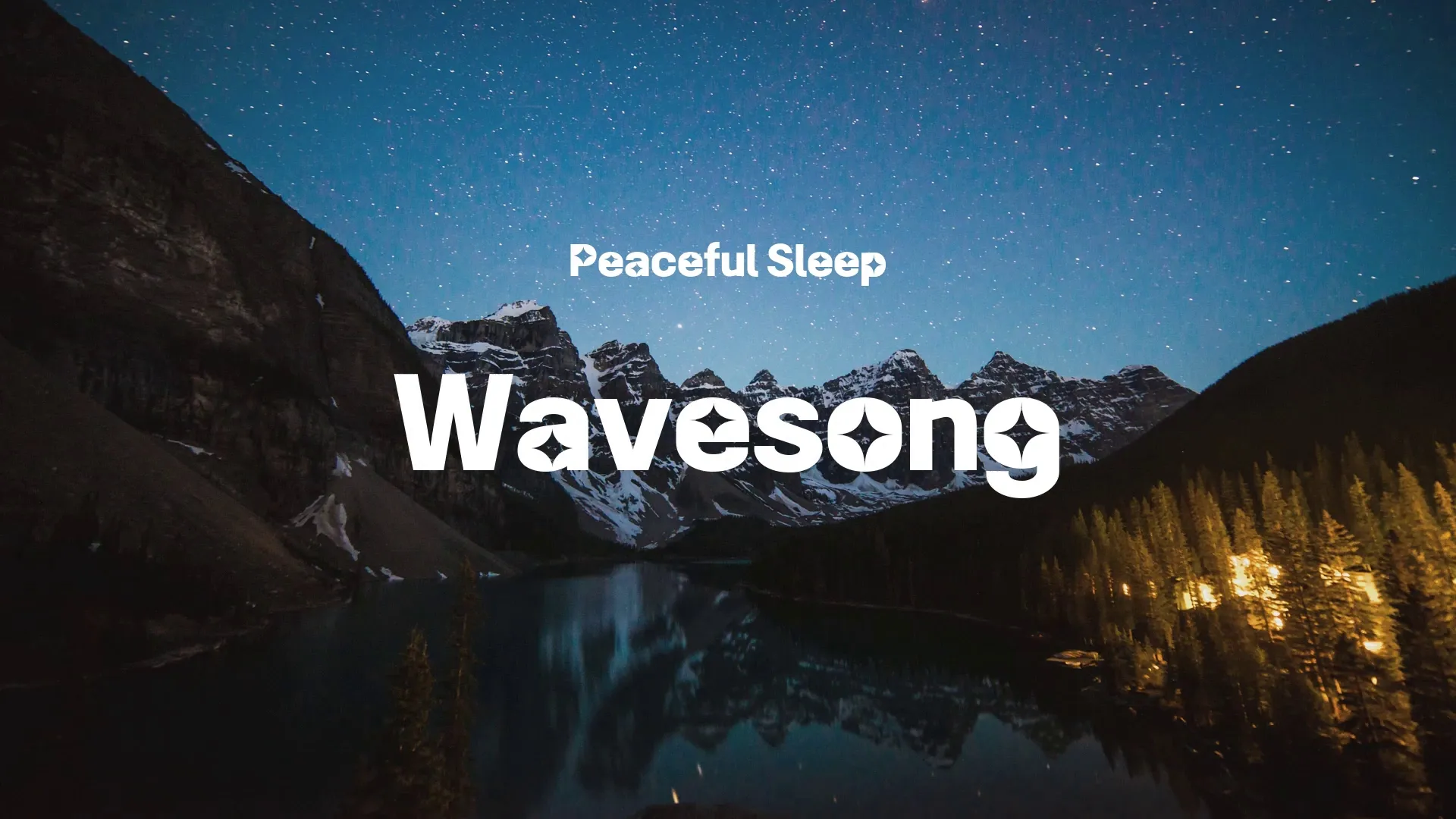
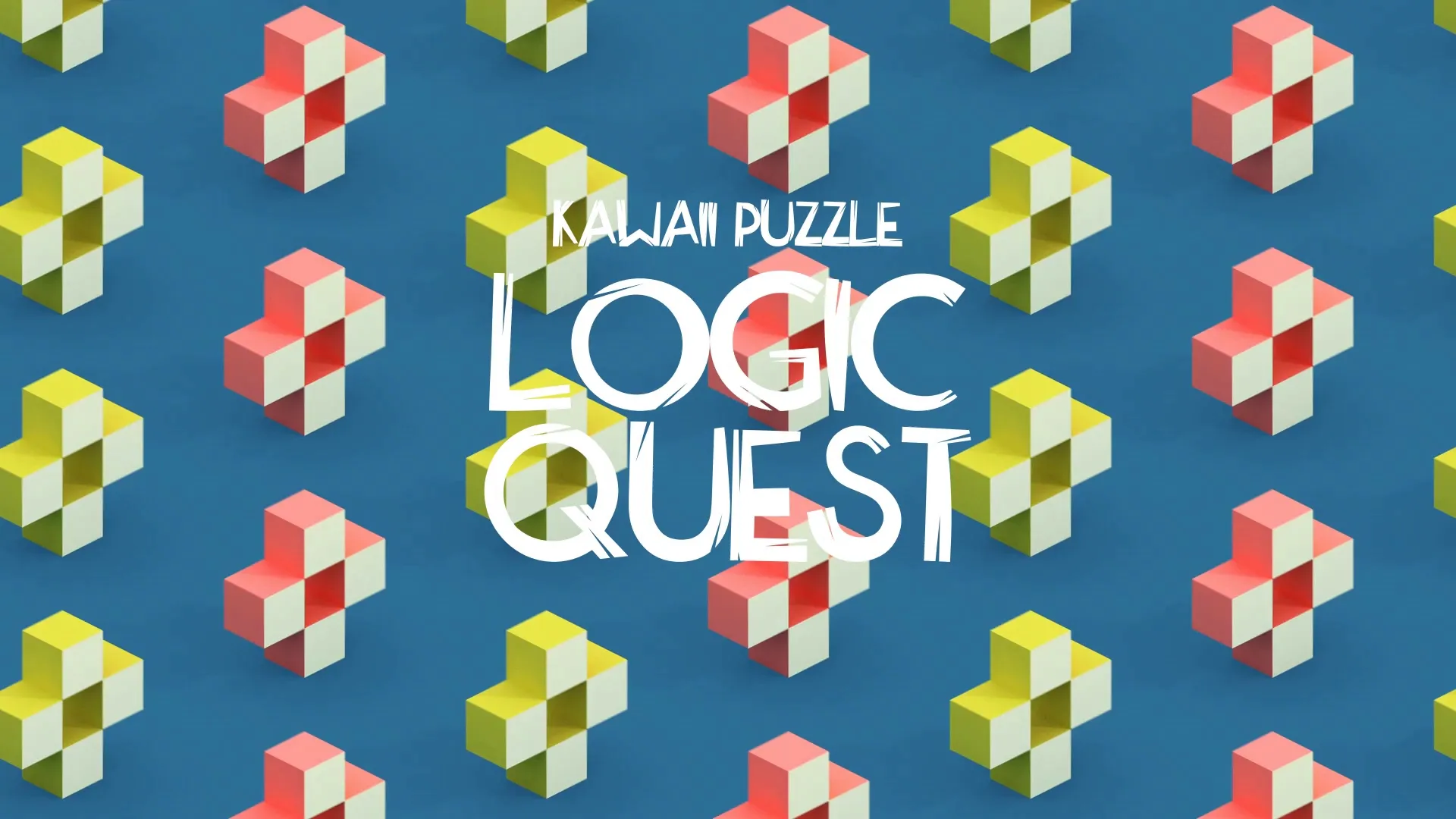

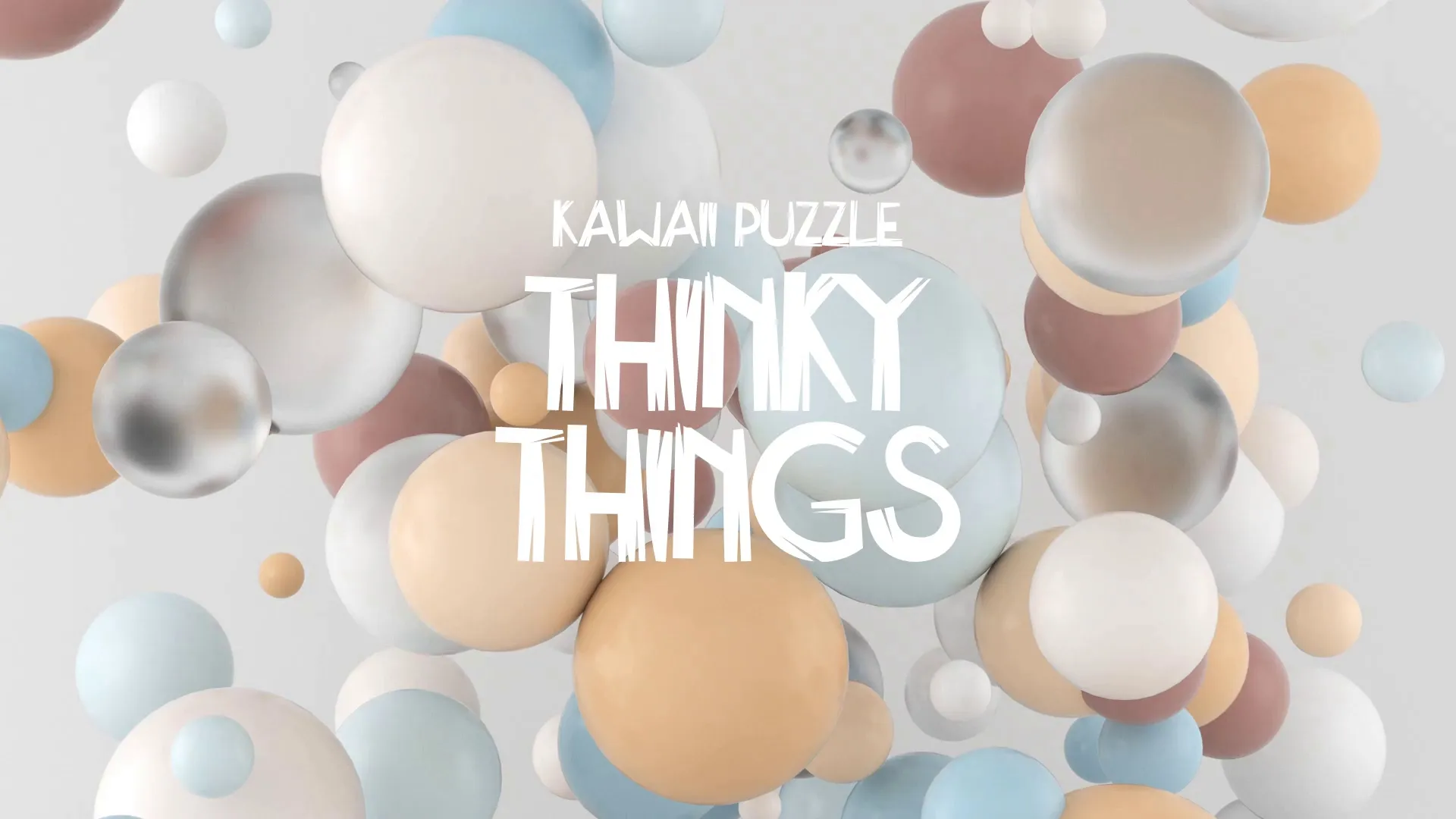
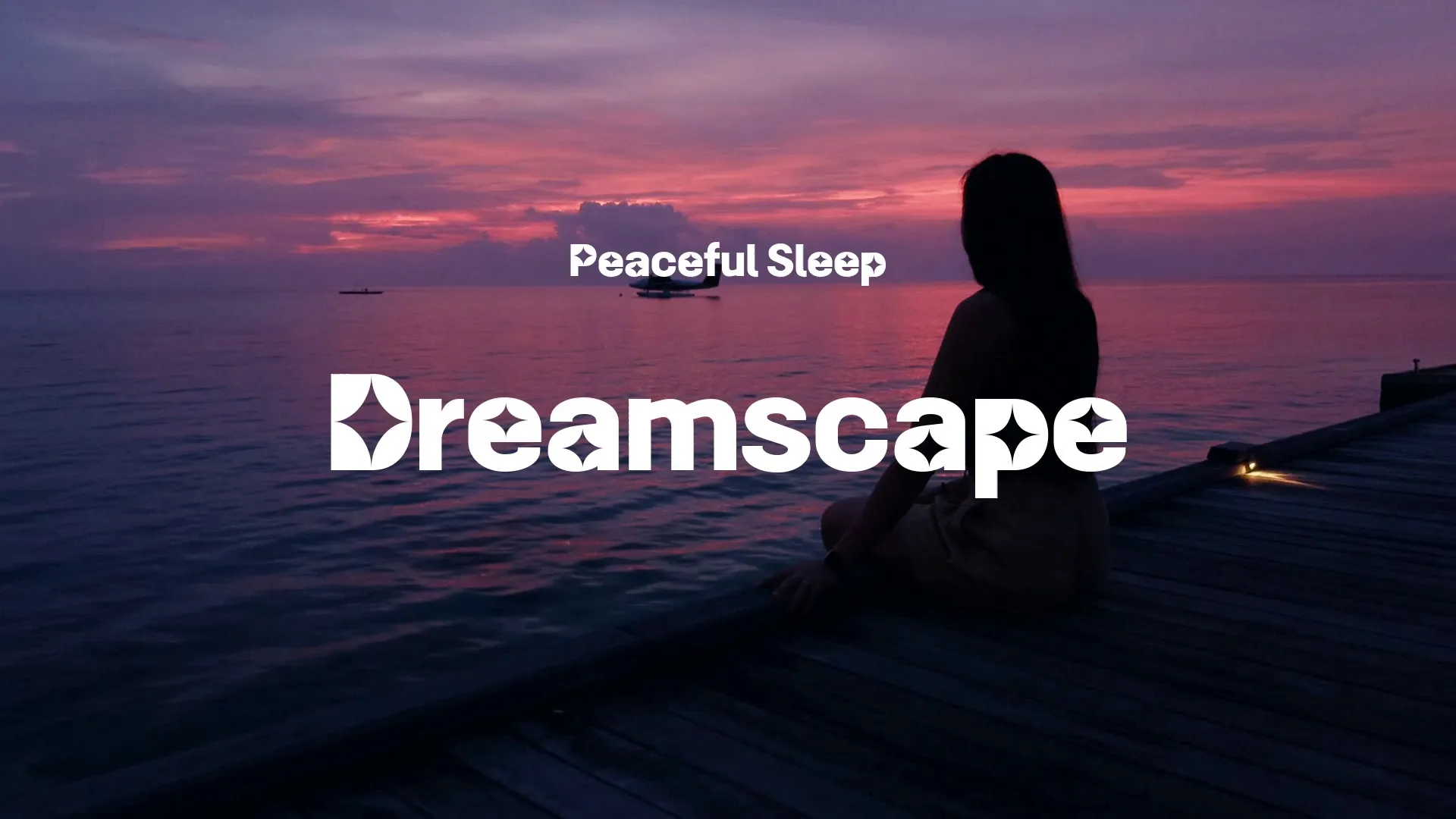
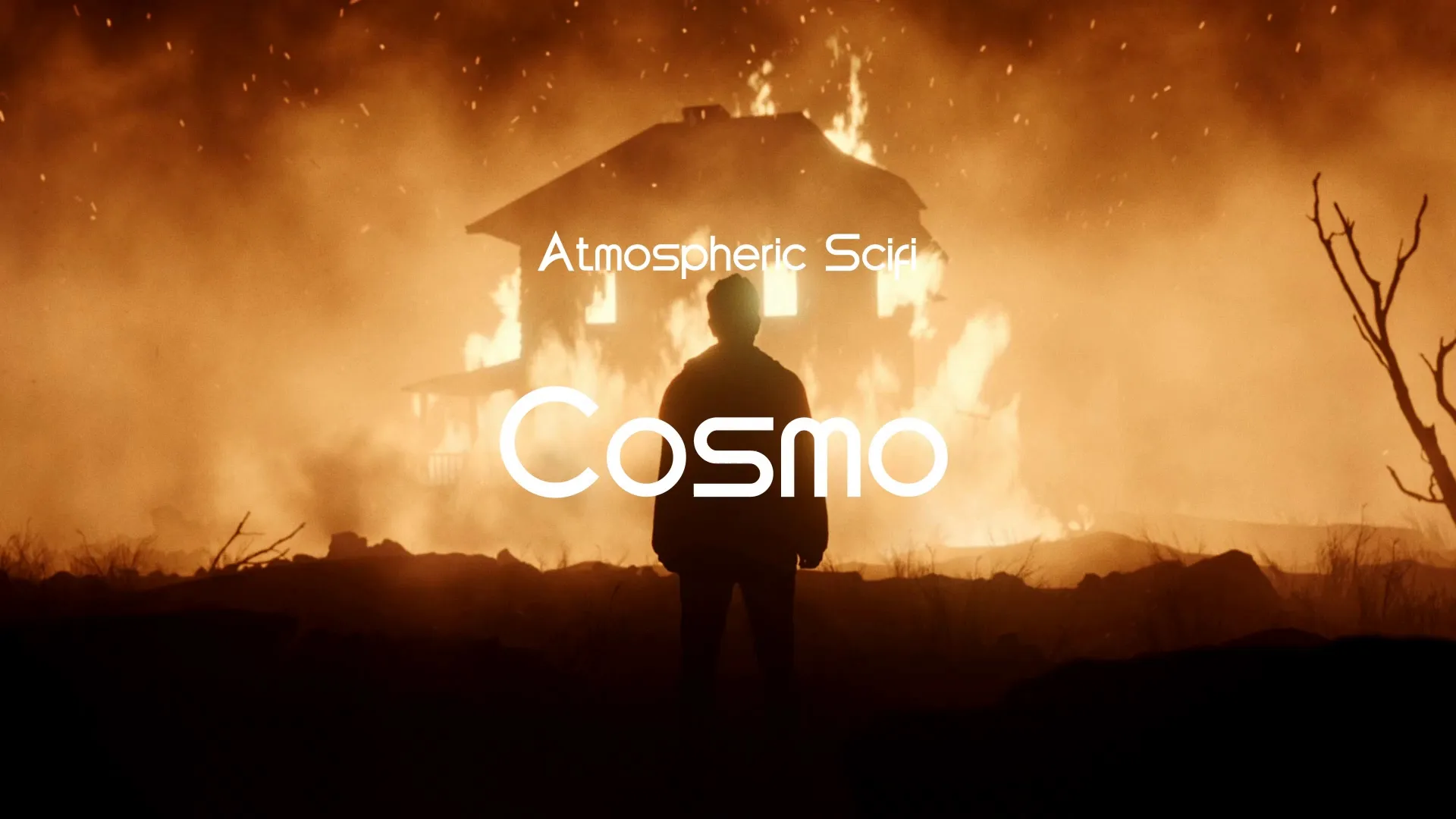


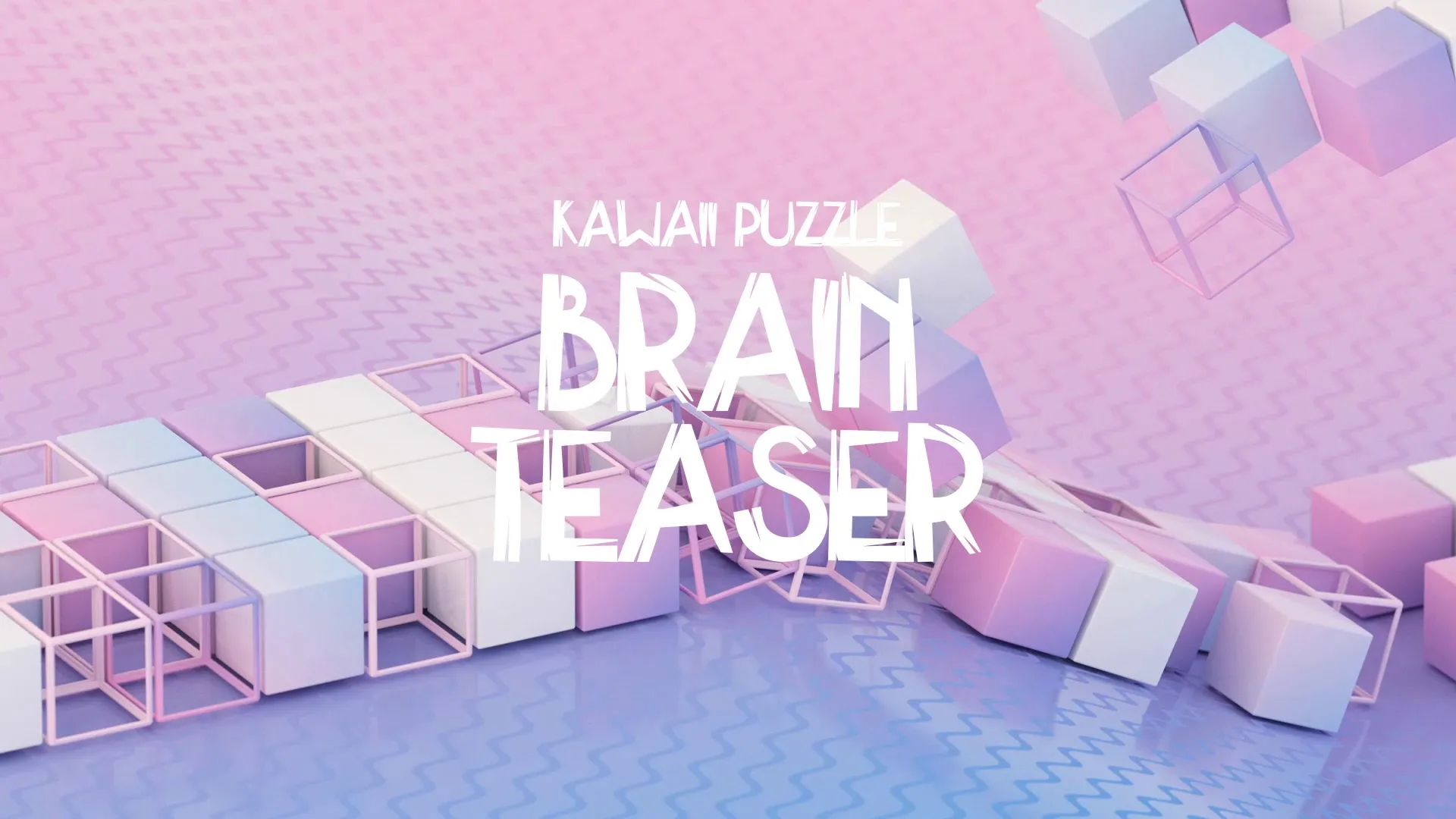
.webp)
